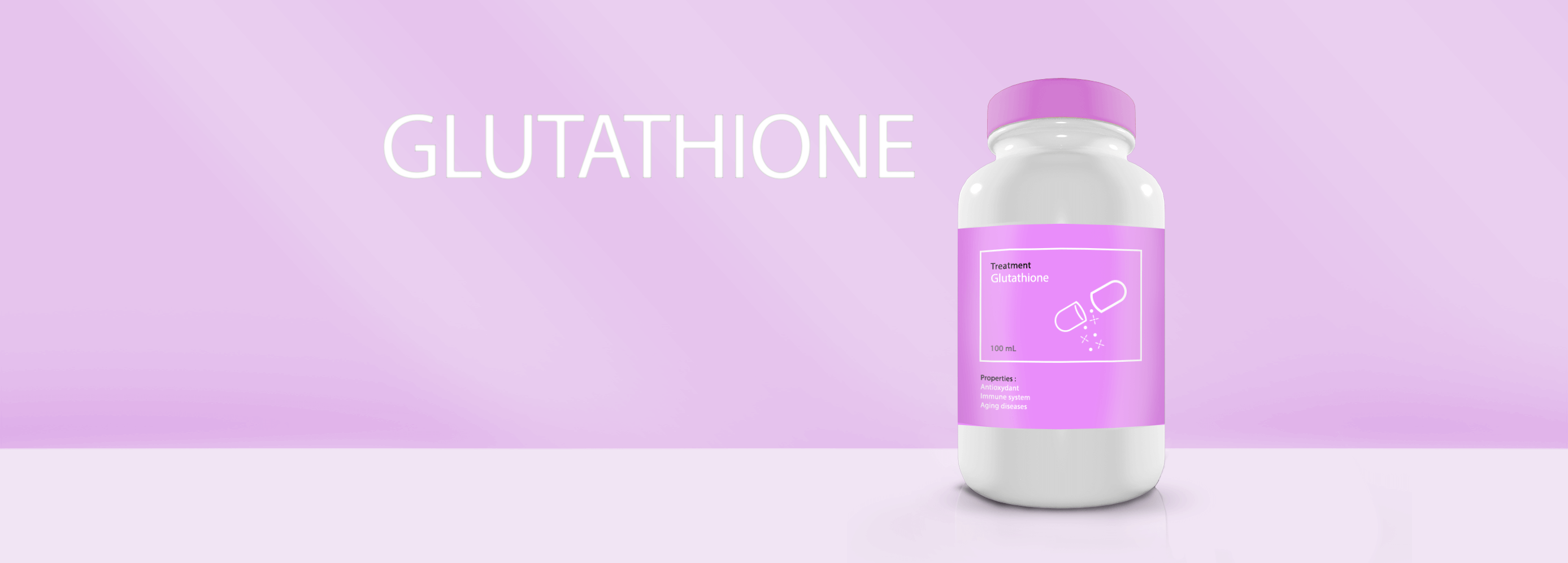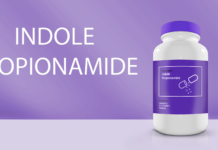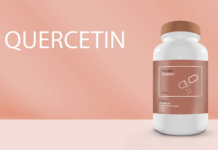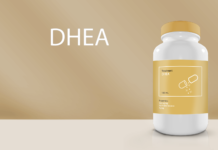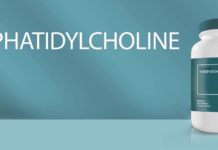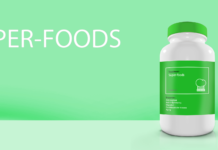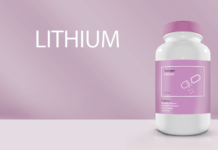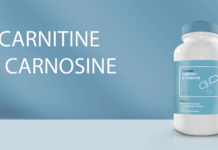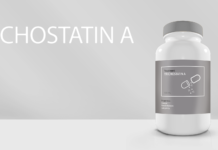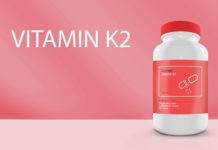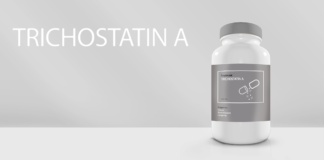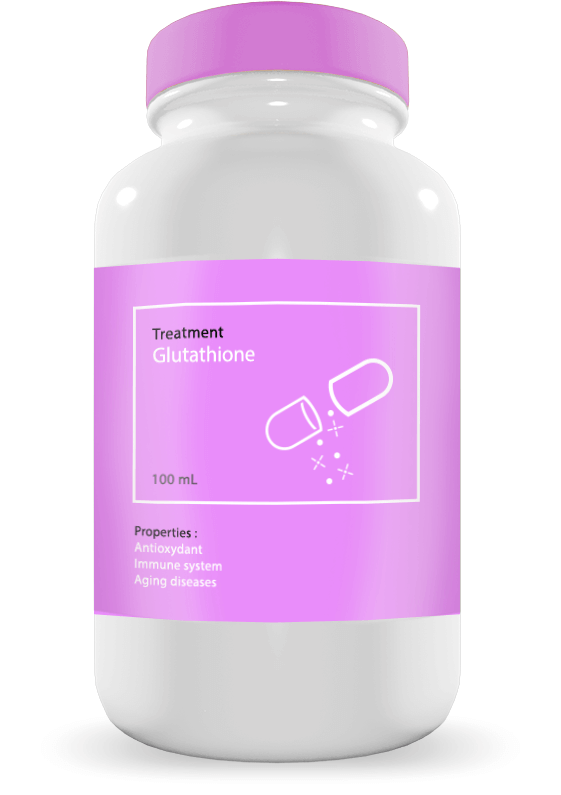
Fact sheet
Glutathione balances oxidation
Glutathione is a peptide composed of three condensed molecules, which plays a central role in maintaining the redox potential (oxidizer/reducer balance) within our cells. Due to its ability to exist in reduced or oxidized form, glutathione is a true “electron trap”, placing it very high on the list of antioxidants. Its metabolism is intimately linked to that of selenium because the enzyme that glutathione forms by coupling with selenium (glutathione peroxidase) allows the detoxification of free radicals (notably H2O2)[1].
Glutathione: great multitask longevity supplement
Glutathione is involved in a wide variety of phenomena and, indeed, plays a multi-factorial role in aging. Overall, there is a decrease of the glutathione levels during our lives and this seems to impact the onset of diseases[2]. This decrease is not as simple as it seems, because although we do see a fall in the reduced form of glutathione (GSH, antioxidant), a parallel increase in its oxidized form can be observed (GSSG).
Neurodegenerative diseases
This decline is particularly associated with the onset of Parkinson’s disease and other neurodegenerative diseases[3]. In Alzheimer’s disease, several studies have demonstrated the central role of glutathione, because of its antioxidant activity: an increase in the oxidized form of glutathione in the blood and brain was found in mouse models of Alzheimer’s disease, no matter the age of the mouse[4]. These studies therefore seem to indicate GSH deficiency/SSG surplus as a precursor of neurodegenerative diseases[5]. In addition to these studies, others have examined the therapeutic effect of glutathione, demonstrating the neuro and glio-protective capacity of glutathione supplementation[6, 7].
Cardiovascular diseases
The decrease in glutathione is also observed in the heart over time. It appears that the enzymes derived from glutathione also vary with age, in a tissue-dependent manner. For example, glutathione peroxidase remains stable in the heart but decreases in the liver, while glutathione reductase increases in both tissues over time[8]. The total result of these variations causes a decrease in the antioxidant capacity of our body during aging. A supplementation in glutathione could thus restore the balance between GSH and GSSG, allowing our body to find a more important antioxidant potential.
Glutathione and cell apoptosis?
In addition to the impact of its reduction on the incidence of age-related diseases, glutathione appears to play a role in apoptosis (the programmed death of our cells). By mechanisms that are still unclear, its metabolism is linked to the activation of caspase-3, a major pro-apoptotic protein, and BCl-2, the regulator of mitochondrial apoptosis[9, 10]. A recent study also looked at the links between glutathione and apoptosis in the hearts of diabetic mice, showing that its presence reduced necrosis and increased apoptosis, a protective mechanism of the heart in these conditions[11].
Glutathione as a life extension supplement
Glutathione is very promising for the extension of the lifespan. Preliminary studies in C. Elegans actually show an activation of the sirtuin pathway with GSH supplementation, increasing the lifespan of these small worms by about 30%[12].
The interest of glutathione is obvious in the fight against aging. However, one of the major problems remains its bioavailability. Oral supplementation is ineffective because glutathione is destroyed at the digestive level. It must therefore pass directly into the bloodstream. Gastro-resistant pills have recently appeared on the market but studies tend to agree that the bioavailability of glutathione taken in this form is far from optimal. A research team tried to introduce glutathione precursors into the diet of elderly people, with success: GSH levels were restored when taking cysteine and glycine together, suggesting a possible oral supplementation[13].
- Number of publications: about 4000
- Availability : over the counter
- Route : intravenous/inhalation, possibly sublingual. If possible, it is recommended to combine its supplementation with selenium to maximize its action.
- Dosage : 100-300 mg / jour.
Caution, for kidney and/or liver insufficiencies, it is not advisable to consider glutathione supplementation. Patients with bi-polar disorders may also be more sensitive and respond poorly to excess glutathione. Also be careful with people whose zinc level is low, taking glutathione decreases the blood level.
It is possible to naturally increase glutathione levels by eating lots of cabbage. Milk thistle, taken as an infusion or food supplement in the form of silymarin (its active ingredient), also helps to maintain a good level and prevent liver side effects.
[1] Wu G, Fang YZ, Yang S, Lupton JR, Turner ND. Glutathione metabolism and its implications for health. J Nutr. 2004;134(3):489-92
[2] Viña J, Sastre J, Anton V, Bruseghini L, Esteras A, Asensi M. Effect of aging on glutathione metabolism. Protection by antioxidants. EXS. 1992;62:136-44
[3] Homma T, Fujii J. Application of Glutathione as Anti-Oxidative and Anti-Aging Drugs. Curr Drug Metab. 2015;16(7):560-71
[4] Zhang C, Rodriguez C, Spaulding J, Aw TY, Feng J. Age-Dependent and Tissue-Related Glutathione Redox Status in a Mouse Model of Alzheimer’s Disease. Journal of Alzheimer’s disease : JAD. 2012;28(3):655-666
[5] Tong J, Fitzmaurice PS, Moszczynska A et al., Do glutathione levels decline in aging human brain? Free Radic Biol Med. 2016;93:110-7
[6] Souza DG, Bellaver B, Bobermin LD, Souza DO, Quincozes-Santos A. Anti-aging effects of guanosine in glial cells. Purinergic Signalling. 2016;12(4):697-706
[7] Watson SN, Lee JR, Risling TE, Hermann PM, Wildering WC. Diminishing glutathione availability and age-associated decline in neuronal excitability. Neurobiol Aging 2014;35(5):1074-85
[8] Stio M, Iantomasi T, Favilli F, Marraccini P, Lunghi B, Vincenzini MT, Treves C. Glutathione metabolism in heart and liver of the aging rat. Biochem Cell Biol. 1994;72(1-2):58-61
[9] Abdel Shakor AB, Atia M, Alshehri AS, Sobota A, Kwiatkowska K. Ceramide generation during curcumin-induced apoptosis is controlled by crosstalk among Bcl-2, Bcl-xL, caspases and glutathione. Cell Signal. 2015;27(11):2220-30
[10] Circu ML, Yee Aw T. Glutathione and apoptosis. Free radical research. 2008;42(8):689-706
[11] Golbidi S, Botta A, Gottfred S, Nusrat A, Laher I, Ghosh S. Glutathione administration reduces mitochondrial damage and shifts cell death from necrosis to apoptosis in ageing diabetic mice hearts during exercise. British Journal of Pharmacology. 2014;171(23):5345-5360
[12] Cascella R, Evangelisti E, Zampagni M et al., S-linolenoyl glutathione intake extends life-span and stress resistance via Sir-2.1 upregulation in Caenorhabditis elegans. Free Radic Biol Med. 2014;73:127-35
[13] Sekhar RV, Patel SG, Guthikonda AP, et al. Deficient synthesis of glutathione underlies oxidative stress in aging and can be corrected by dietary cysteine and glycine supplementation. The American Journal of Clinical Nutrition. 2011;94(3):847-853
Dr. Marion Tible

Author/Reviewer
Auteure/Relectrice
Marion Tible has a PhD in cellular biology and physiopathology. Formerly a researcher in thematics varying from cardiology to neurodegenerative diseases, she is now part of Long Long Life team and is involved in scientific writing and anti-aging research.
More about the Long Long Life team
Marion Tible est docteur en biologie cellulaire et physiopathologie. Ancienne chercheuse dans des thématiques oscillant de la cardiologie aux maladies neurodégénératives, elle est aujourd’hui impliquée au sein de Long Long Life pour la rédaction scientifique et la recherche contre le vieillissement.
En savoir plus sur l’équipe de Long Long Life


